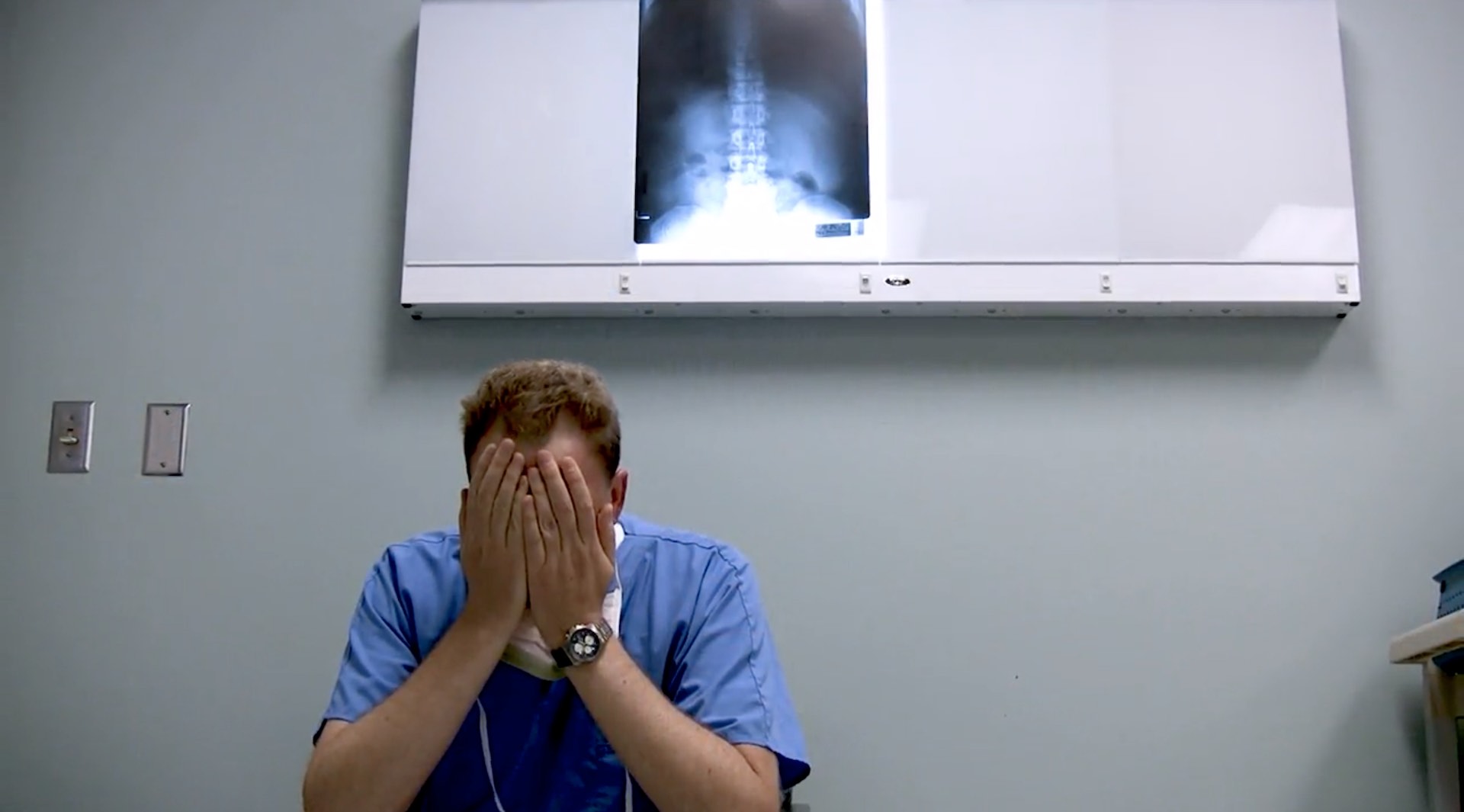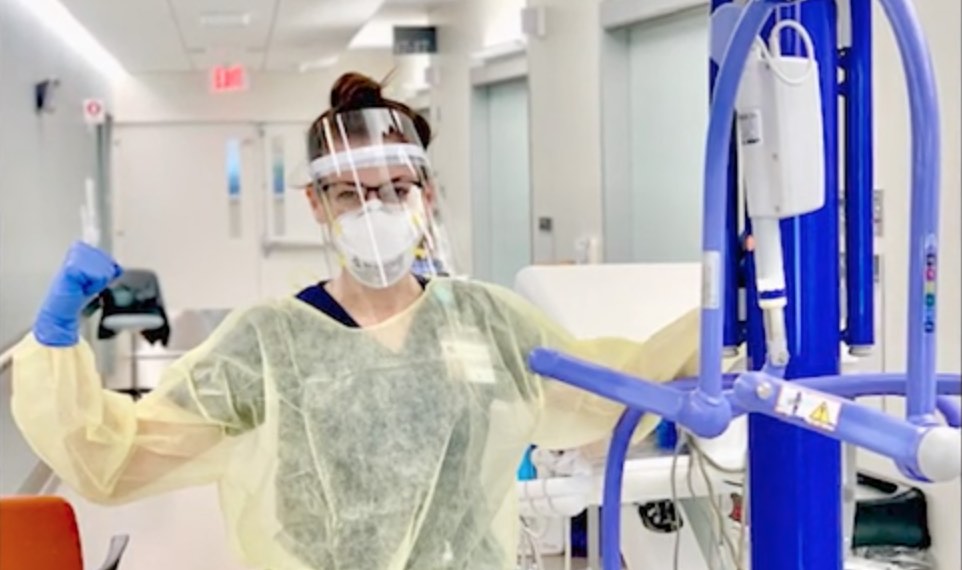SSRIs in pregnancy linked to slightly increased risk of adverse outcomes
Reuters Health • The Doctor's Channel Daily Newscast
October 8, 2009 • Critical Care, Family Medicine, Medical Students, Nurses/NP/PA, Ob/Gyn, Pharmacists, Psychiatry & Mental Health, Reuters Health • The Doctor's Channel Newscast, Women’s Health
NEW YORK (Reuters Health) – In utero exposure to selective serotonin reuptake inhibitors (SSRIs) may increase the risk of early delivery, low Apgar score at 5 minutes, and admission to a neonatal intensive care unit, a prospective Danish cohort study suggests. Weight and head circumference, on the other hand, appear to be unaffected.
In the October Archives of Pediatrics and Adolescent Medicine, Aarhus University researchers point out that these agents are “recommended as first-choice antidepressants during pregnancy in Denmark and many other countries.”
But in a study of more than 57,000 pregnant women, Dr. Najaaraq Lund and associates found that compared to the babies of women with no psychiatric history, infants born to SSRI-treated mothers had shorter mean gestational age (4.5 days), higher risk of preterm delivery (adjusted odds ratio 2.02), and increased risk of admission to the NICU (adjusted OR 2.39).
Also, the risk of a 5-minute Apgar score of 7 or below was significantly higher among babies born to women who used SSRIs (adjusted OR 4.44).
Overall, the authors note, 51770 women in the cohort had no history of SSRI use or psychiatric illness, 4902 had a psychiatric illness but no history of SSRI use in pregnancy, and 329 had used SSRIs while pregnant.
When outcome rates were compared in babies born to mothers with SSRI use in pregnancy and those whose mothers had no psychiatric histories, preterm deliveries occurred in 8.8% vs 4.9%, respectively; NICU admission in 16.6% vs 7.4%, respectively; and low Apgar scores in 4.9% vs 1.2%, respectively.
The team also compared outcomes of pregnancy in the SSRI group with outcomes among women with a psychiatric history, and observed similar odds as with those without such a history.
“The study justifies increased awareness to the possible effects of intrauterine exposure to antidepressants,” Dr. Lund and associates note.
“However,” they conclude, “treatment of depression during pregnancy may be warranted and future studies need to distinguish between individual SSRIs to find the safest medication.”
Reference:
Arch Pediatr Adolesc Med 2009;163:949-954.
In the October Archives of Pediatrics and Adolescent Medicine, Aarhus University researchers point out that these agents are “recommended as first-choice antidepressants during pregnancy in Denmark and many other countries.”
But in a study of more than 57,000 pregnant women, Dr. Najaaraq Lund and associates found that compared to the babies of women with no psychiatric history, infants born to SSRI-treated mothers had shorter mean gestational age (4.5 days), higher risk of preterm delivery (adjusted odds ratio 2.02), and increased risk of admission to the NICU (adjusted OR 2.39).
Also, the risk of a 5-minute Apgar score of 7 or below was significantly higher among babies born to women who used SSRIs (adjusted OR 4.44).
Overall, the authors note, 51770 women in the cohort had no history of SSRI use or psychiatric illness, 4902 had a psychiatric illness but no history of SSRI use in pregnancy, and 329 had used SSRIs while pregnant.
When outcome rates were compared in babies born to mothers with SSRI use in pregnancy and those whose mothers had no psychiatric histories, preterm deliveries occurred in 8.8% vs 4.9%, respectively; NICU admission in 16.6% vs 7.4%, respectively; and low Apgar scores in 4.9% vs 1.2%, respectively.
The team also compared outcomes of pregnancy in the SSRI group with outcomes among women with a psychiatric history, and observed similar odds as with those without such a history.
“The study justifies increased awareness to the possible effects of intrauterine exposure to antidepressants,” Dr. Lund and associates note.
“However,” they conclude, “treatment of depression during pregnancy may be warranted and future studies need to distinguish between individual SSRIs to find the safest medication.”
Reference:
Arch Pediatr Adolesc Med 2009;163:949-954.









